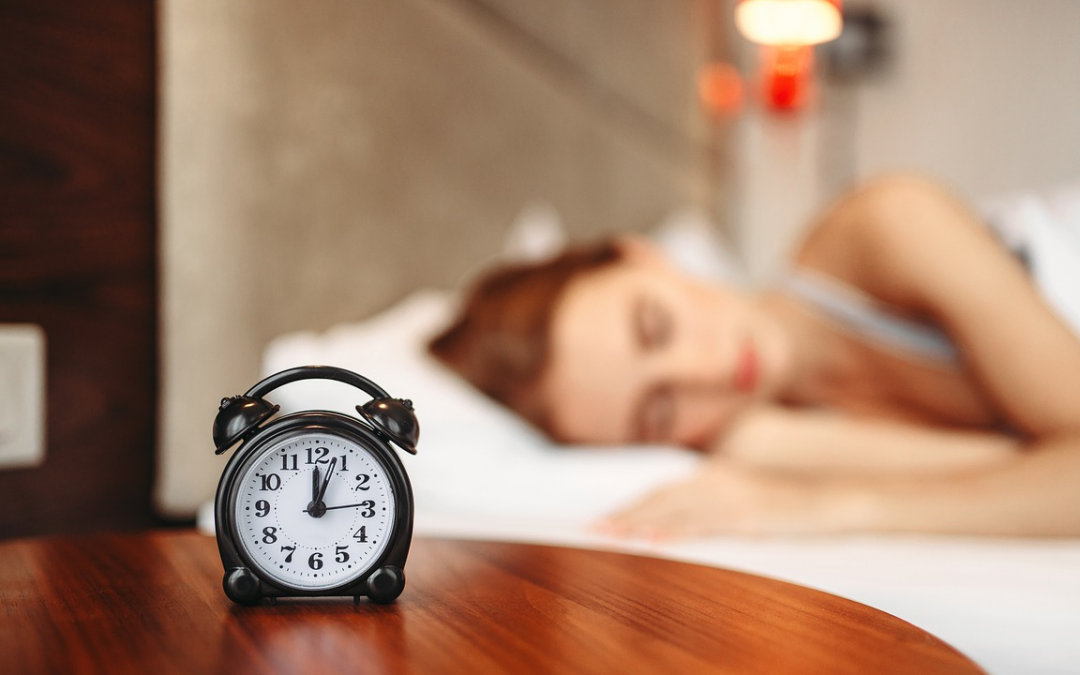Sleep is vital to our biology, without it we will die. But not all sleep is equal. Millions of people across the world are getting by on poor quality sleep. For some it’s the length of their sleep, for others it’s the actual depth of it. Getting optimal sleep can benefit your health in countless ways, amounting to a longer life expectancy. Strengthening your immune system, preventing weight gain, increasing physical strength, healing protein damage, aiding mental health, and more. All these can be achieved simply by getting more sleep. But for many of us this is no easy feat. So I thought I’d make a list of some supplements for sleep. As always there is some debate about the individual efficacy of each sleep supplement. So make sure to do your own research before taking any.
10: 5-HTP

Most people have never heard of 5-HTP, and those who have are typically recreational drug users. Otherwise known as 5-Hydroxytryptophan, 5-HTP is an amino acid that in recent years has been gaining in popularity. Mostly used as a sort of hangover cure, it is thought to aid sleep by stimulating the Melatonin production within our bodies. Melatonin is a hormone that helps us go to sleep. In the evenings and late at night our levels of Melatonin increase, prompting our biology to make us feel tired. It sets in motion the process of soothing us. So the thinking is that increasing Melatonin through 5-HTP can kick start this process. Taking it is also thought to act as a mood stabilizer, increasing serotonin and easing stress. Clearly this is why 5-HTP is often recommended as a hangover or comedown cure.
9: Taurine
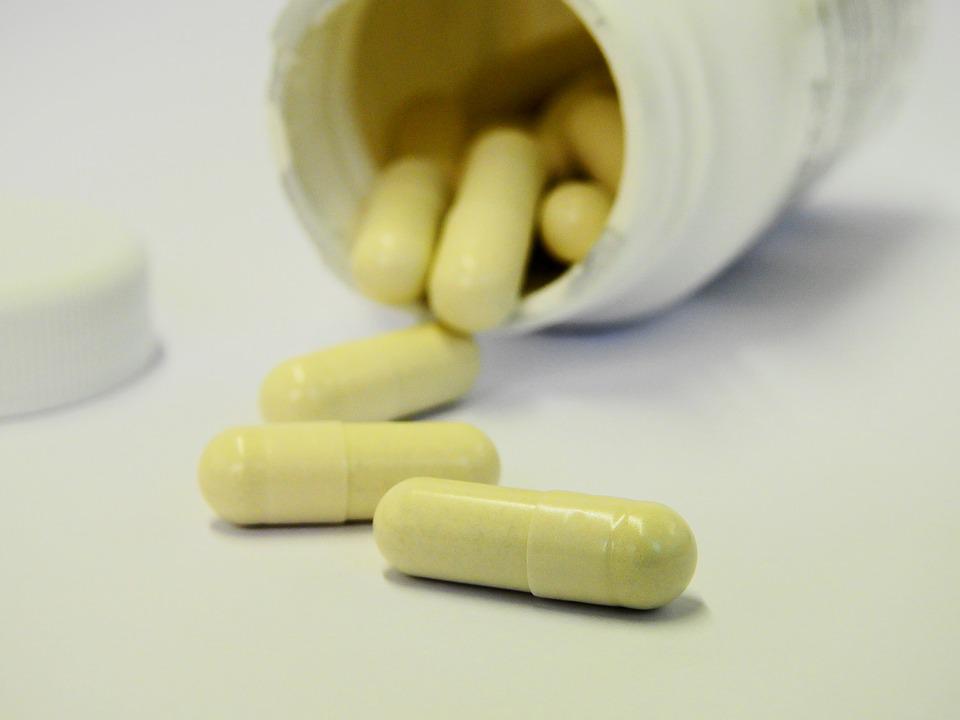
Another Amino Acid, Taurine has numerous benefits, most of which actually improve sleep indirectly. Taurine is something our body needs in order to function properly. Without it our organs would literally shut down. So taking it as a supplement will help our body function as a whole, with a particular efficacy boost to our nervous system. This is good for brain function and memory. It also fights the ageing of our brain and can help stave off dementia. It might not seem like an obvious candidate for a list of supplements for sleep. Taurine acts in some ways as a stimulant, improving concentration in both the long a short term. But Taurine increases when we are sleepy, and helps to regulate sleep down chain. It also has the benefit of being very affordable. So before looking into the more expensive supplements for sleep, try Taurine.
8: Vitamin B Complex
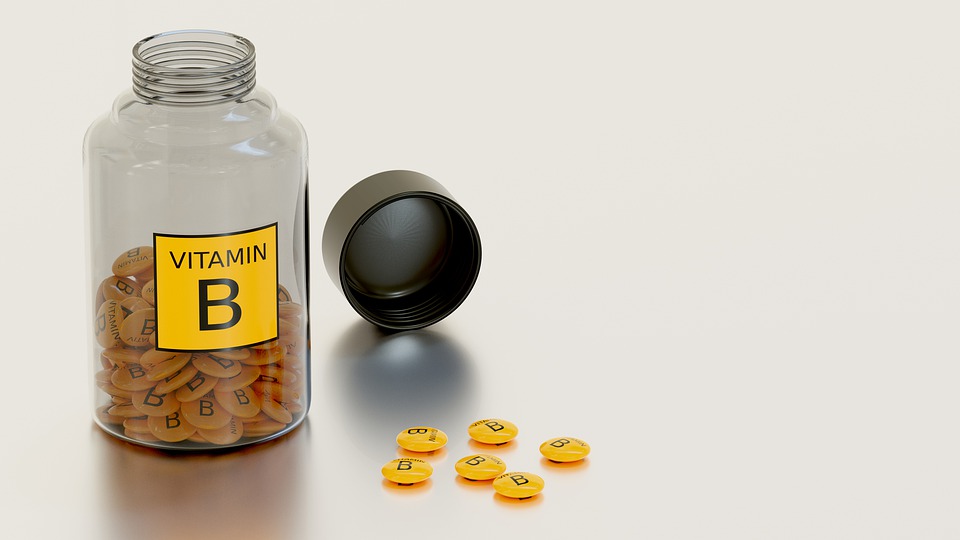
B Vitamins are actually a class of 12 separate vitamins that each have their own characteristics and uses. Collectively they can help to address all kinds of problems, from tiredness to muscle soreness, to immune system weaknesses. B6, which is included in most Vitamin B complex supplements, is of specific interest to us. A lack of Vitamin B6 has consistently been linked to insomnia and sleep issues. You don’t really need to know the details of how exactly it affects our biology, only that it’s a good first option in beating insomnia. B6 is even thought by some to help us have more vivid dreams. And that’s just B6, not to mention the health benefits of the other 11 Vitamins.
7: Tryptophan
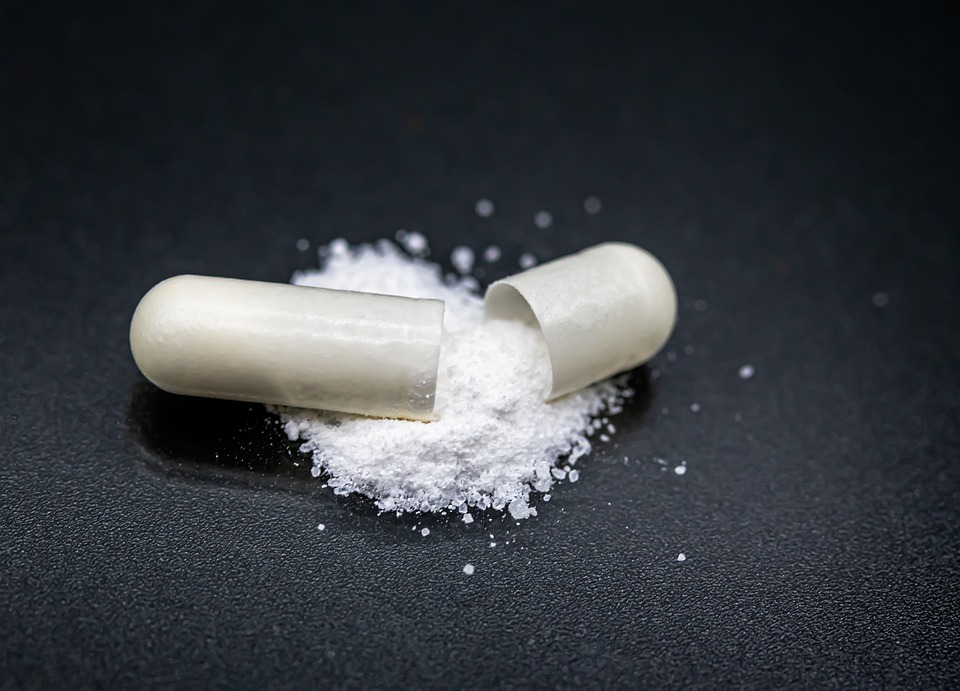
Tryptophan is another of the many amino acids that can act as sleep supplements. It is also another precursor of serotonin, Tryptophan is an essential acid. This means our body cannot produce it internally and we therefore need to consume it either in our food or in the form of a supplement. So just in case you don’t get enough of it through your diet, a supplement is a good option. On top of helping make proteins and serotonin, Tryptophan can induce sleep in humans. First of all Tryptophan can be converted within our body to either 5-HTP or Melatonin. Having low levels of Tryptophan also makes us more likely to be stressful. Taking it as a supplement can have the adverse affect, relaxing the body and mind.
6: Chamomile

When you hear the word Chamomile you probably think of Chamomile tea, one of the more popular tea blends. But Chamomile is actually a kind of herb long used for traditional medicine. Consumed since ancient times, it is said to help anxiety, eczema, and digestive problems. But Chamomile is most well known as a treatment for insomnia. There are no major studies that support the claim it can help with sleep. However, millions of people across the globe would swear by it’s efficacy. While this does not prove it can be of any benefit, I’m inclined to believe it can help in some way.
5: Chaste Tree
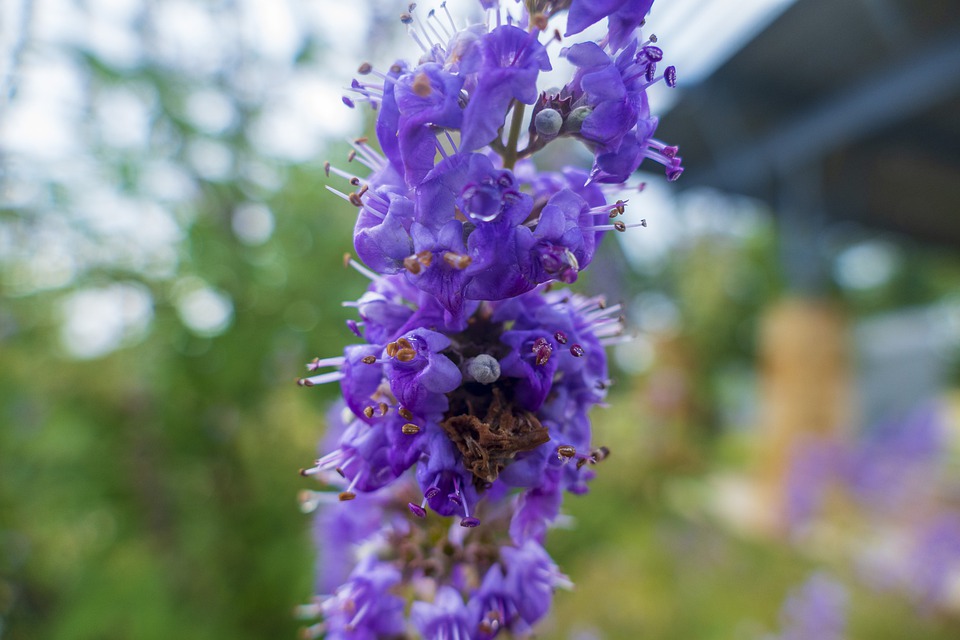
Another traditional herbal ingredient is Chaste Tree, otherwise known as Vitex Agnus-castus, or Monk’s Pepper. Used mostly by women to cope with the more painful aspects of the menstrual cycle. Historically it was also believed to suppress sexual desire, an effect oft sought by priests and bishops. Hence why it is also known as Monk’s Pepper. While I cannot go more into the details of these other uses, Chaste Tree is known to be a sleep supplement. The herb contains several essential oils and a class of compounds called iridoid glycosides. You might not be aware of iridoid glycosides but they in combination with the essential oils can trigger a process that tricks our body into thinking we’ve been awake for longer than we have.
4: CBD Oil

CBD products have in recent years become one of the more popular forms of supplements for sleep. Derived from cannabis, CBD has no psychoactive properties, so it doesn’t get you high at all. It’s totally legal and has numerous benefits. Evidence shows CBD oil can reduce the symptoms of epilepsy and all kinds of other neuron-muscular disorders. It can also reduce pain and act as a general relaxant. People even give CBD oil to their pet dogs and cats that have cancer or arthritis. Several studies have shown that CBD helps humans sleep for longer and have more dreams. I personally can attest to it’s ability to make one feel more rested in the morning.
3: Valerian Root
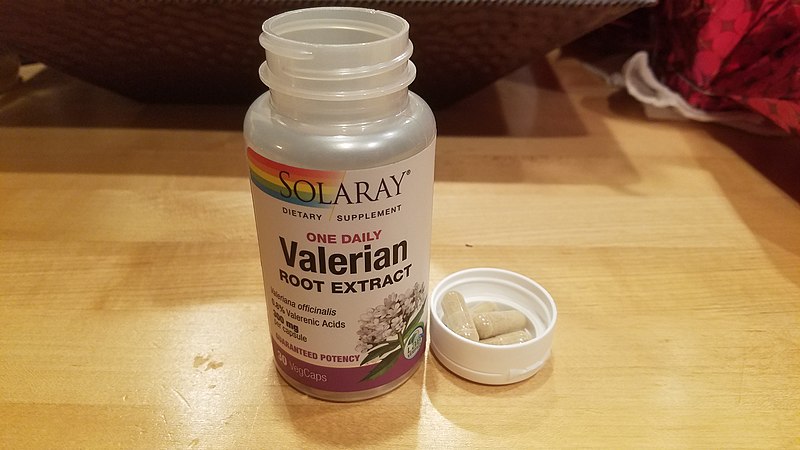
Valerian Root sounds like a magical ingredient from Harry Potter or Game of Thrones. But it’s more than just a cool name. The ancient Greek doctors Hippocrates and Galen famously advised it for insomnia. It has been used for sleep ever since, gaining the nickname “Nature’s Valium”. While science doesn’t give a clear explanation of how Valerian Root actually works but few would argue it doesn’t help put humans to sleep.
2: Melatonin
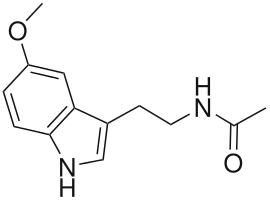
Many consider Melatonin to be the most powerful sleep supplement of all, and for good reason. Many supplements for sleep function entirely on the basis they increase the levels of Melatonin in our bodies. So taking an actual Melatonin supplement seems to be the most direct option on this list. A powerful hormone, Melatonin plays a part in controlling our sleeping pattern. So the benefit of taking it means you’re more likely to sleep for longer and be undisturbed by your own body clock. Even for short term sleeping problems Melatonin can be taken to re-adjust your schedule.
1: Magnesium
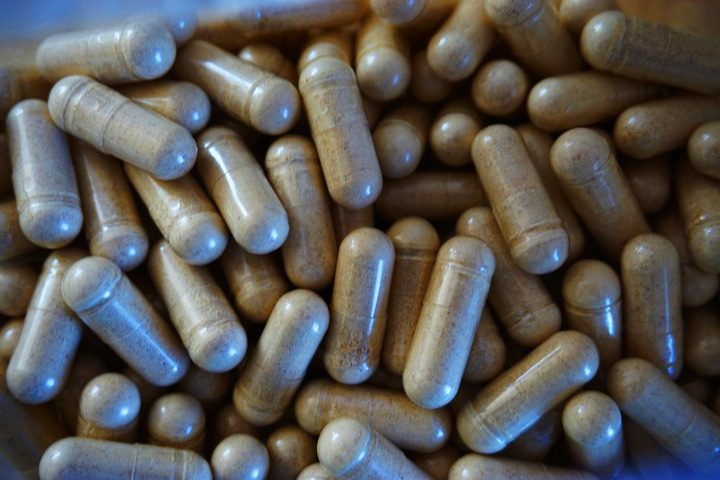
Magnesium is a chemical element as well as being a metal. So you might not expect it to be crucial for our physical health. But without it our brain and muscular system would cease to function. Many people have a magnesium deficiency and even lacking it a little can have dire consequences. Magnesium is responsible for hundreds of biochemical reactions we rely on every day. So by taking a supplement to maintain our levels we can expect to get all kinds of benefits. It can help mental and physical performance, muscle recovery, bone strength and regeneration, reduce inflammation, and much more. It’s as close to a magic pill as anything could be. But there’s only one reason for it to be first on a list of supplements for sleep. Certain forms of magnesium act as relaxants, making you uncharacteristically drowsy. The form I personally take is Magnesium Citrate.
